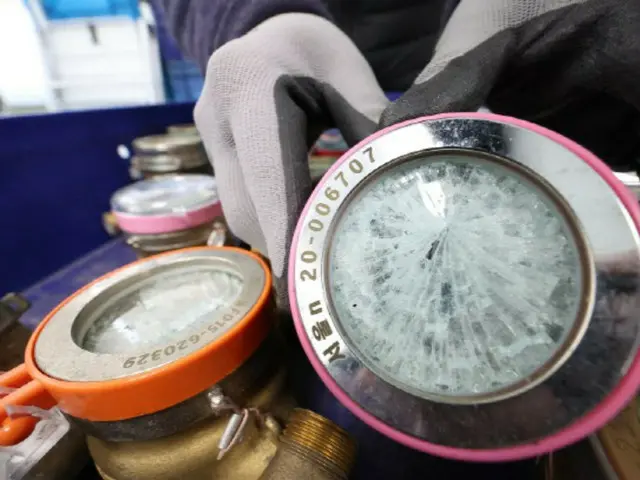The management fee statement for January of this year, which was published on X (formerly Twitter) on the 24th, has been retweeted over 1.13 million times and has become a hot topic.
The statement published by the poster stated that this month's management fees amounted to 686,080 won (approximately 71,800 yen).
In addition to this user, many other users posted that the January management fee was too high.
The user said, "I received a bill for over 720,000 won (US$754) for my house," and "My mother, who is very frugal, usually pays around 300,000 won (US$314) for the maintenance fee, but last month...
"The management fee was 650,000 won (about 68,000 yen)," he said, "even though the value of the shares I own hasn't increased, the management fee has reached a new record high."
Local residents, including those at Mama Cafe, have posted messages saying they have received high heating bills.
A resident of Paju, Gyeonggi Province, said, "I live in three 25-square-meter rooms, and last month my heating bill came to 350,000 won (about 36,600 yen)."
"I don't understand why my heating bill has doubled even though I've never raised the room temperature above 22 degrees even during cold spells, and it's frustrating," he said.
I didn't even have to pay anything, but my heating bill came to 330,000 won (about 34,500 yen). I don't know why this happened."
The high heating bills in January are believed to be the result of a hike in residential heating fees last year.
On July 1st of last year, the room usage fee was raised by 9.8% from 101.57 won (about 10.64 yen) per megacalorie to 112.32 won (about 11.77 yen).
This would mean an average monthly increase of 6,000 won (about 628 yen) based on the standard time frame. In addition, the average temperature last month was lower than last year, which is also a factor.
According to the "Weather Characteristics" report, the average temperature across South Korea last month was minus 0.2 degrees Celsius, 1.1 degrees lower than the average temperature of 0.9 degrees Celsius in January last year. This is the lowest since the weather observation network was expanded nationwide in 1973.
This is the 14th lowest record. Furthermore, with the arrival of a strong cold wave this month and other large temperature fluctuations, it is expected that high heating costs will continue. The Korea Energy Corporation has proposed the following measures to save on heating costs:
They suggest maintaining an appropriate indoor heating temperature of 20 degrees, switching the boiler temperature when going out, using a humidifier, and preventing drafts from entering.
2025/02/25 07:09 KST
Copyrights(C) Edaily wowkorea.jp 107

